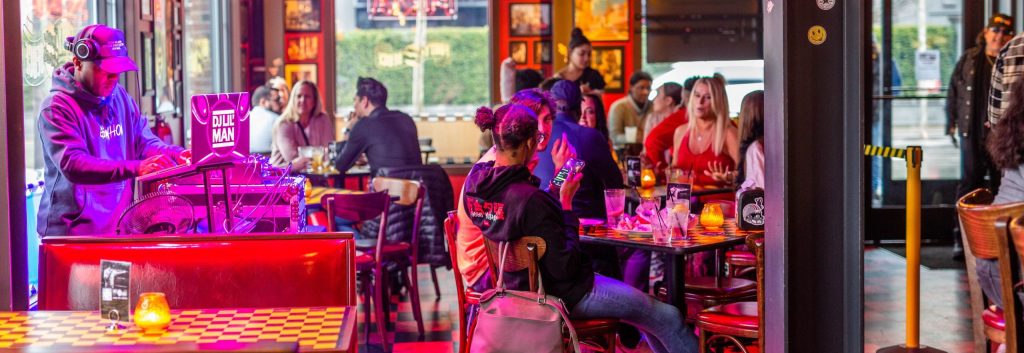By Yaromir Steiner
As a retail real estate developer, we do not have a business if we don’t have retailers who are successful and happy. When an impromptu crisis such as COVID-19 happens—in which the entire country’s physical retail operations are unexpectedly stopped at the same time—the landlord-tenant relationship becomes affected in ways that existing legal documents are simply not meant to solve.
Trying to get immediate dollars from most retailers now, is like trying to squeeze blood out of a turnip. With a few exceptions of retailers with strong financials, these companies need to do sales in order to rebuild their balance sheets, and that’s not possible until things reopen. Instead, the priority of landlords should be to nurse their tenants back to good health any way they can.
How Landlords Can Help Retailers
Landlords must make a choice in navigating lease negotiations in the midst of COVID-19. They can spend lots of money on legal fees to find bits and pieces in each lease contract to justify getting their rent money. Or, better yet, they can give retailers some slack—reduce and/or forgive a portion of the rent—until the shutdown is over.
While the landlord has to operate the project and pay their mortgage, a portion of retailers’ rent (for example: 25%) goes to their return on investment. In the same way we’re asking retailers to forgo returns on their investments during this trying time, landlords may need to do the same—ensuring long-term health by forgoing their return on capital until things are back on track.
With REITs, this practice becomes a bit trickier. They can’t forgo a portion of their ROI because they are obligated to distribute about 90% of their funds from operations. If they cut those distributions, that has an immediate impact on the value of their stock, which makes them vulnerable in the market. This puts the REITs between a rock and a hard place during the COVID-19 shutdown, and the weaker ones may not survive without major concessions by their lenders.
How Retailers Can Help Landlords
The retail world, especially at strong centers like Easton Town Center, is a single organism that thrives on complementary relationships. There are several brands who came into this crisis with strong balance sheets and the ability to make their payments. Other companies who were not so careful or prepared simply don’t have the cash to sustain their operations during the shutdown.
If landlords are going to reduce or forgive portions of the rent, financially solid retailers can, in return, help them by making an extra effort—perhaps more than they need to, but still consistent with their lease obligation—to pay their rent to compensate for those who cannot. This act of solidarity not only helps the landlord but buys more time for everyone involved.
Once the dust settles, retailers who were not able to pay can work out an arrangement with the landlord to pay back that deferred rent at a rate they can handle, and at an interest rate that’s reasonable, to ensure a sustainable road to recovery.
Either way, both landlords and tenants need to collaborate and offer flexibility where they can in order to come out on top after the pandemic. This partnership and understanding ensures the industry can move forward after COVID-19 and become stronger in the long run because of it.






